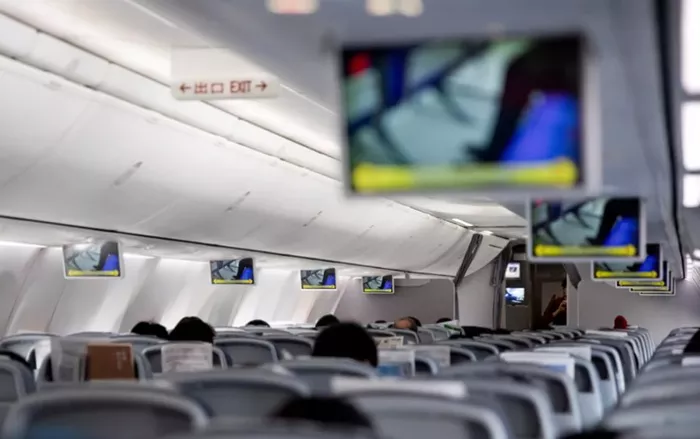Undergoing a hair transplant is a significant decision that requires careful post-operative care to ensure optimal results. One of the most common questions patients ask is how soon they can fly after the procedure. The answer depends on several factors, including the type of transplant performed, the patient’s healing rate, and the duration of the flight.The first few days after surgery are critical for graft survival. Newly transplanted hair follicles are delicate and require a stable environment to establish blood supply. Any excessive movement, pressure, or altitude changes during air travel can potentially disrupt this process. Therefore, adhering to medical advice regarding travel timelines is essential.
Immediate Post-Operative Period
The initial two days following a hair transplant are the most sensitive. During this time, the grafts are still settling into the scalp, and any physical stress could dislodge them.Patients are advised to avoid any activity that increases blood pressure or causes sweating, as this may lead to swelling or bleeding. Air travel during this phase is strongly discouraged due to cabin pressure fluctuations and limited mobility, which can negatively impact healing.Resting in a stable environment allows the scalp to recover without unnecessary strain. Most surgeons recommend staying close to the clinic for at least 48 hours post-surgery for monitoring and follow-up care.
Short-Distance vs. Long-Haul Flights
The duration of the flight plays a crucial role in determining when it is safe to travel. Short flights (under two hours) may be manageable sooner than long-haul journeys, but precautions must still be taken.For short flights, patients may be cleared to travel after three to four days, provided they follow post-operative instructions strictly. Long-haul flights, however, pose additional risks such as prolonged sitting, dehydration, and increased cabin pressure, which can cause discomfort and swelling. Surgeons typically recommend waiting at least seven to ten days before embarking on extended air travel.
Potential Risks of Flying Too Soon After Surgery
Ignoring medical advice and flying prematurely can lead to complications that may compromise the success of the transplant.Dislodged grafts are a primary concern, as turbulence or accidental contact with seats or luggage can disrupt healing. Swelling and edema may worsen due to changes in air pressure, particularly during takeoff and landing. Additionally, dry cabin air can cause scalp irritation, increasing the risk of infection if proper care is not maintained.Patients should also consider the stress of navigating airports, carrying luggage, and prolonged immobility, all of which can hinder recovery. Consulting with the surgeon before making travel plans is the best way to minimize risks.
Optimal Time Frame for Air Travel After Hair Transplant
Most hair transplant specialists agree that waiting at least five to seven days before flying is ideal for most patients. By this time, the grafts have stabilized, and the initial healing phase is well underway.However, individual factors such as the patient’s overall health, the extent of the procedure, and the surgeon’s specific recommendations can influence this timeline. Those who undergo Follicular Unit Extraction (FUE) may recover faster than those who opt for Follicular Unit Transplantation (FUT), as FUE involves less invasive techniques.
Precautions to Take When Flying After a Hair Transplant
If air travel is unavoidable within the first week, certain precautions can help mitigate risks.Keeping the scalp moisturized with a doctor-approved spray prevents excessive dryness. Wearing loose, comfortable clothing and avoiding tight hats reduces pressure on the grafts. Staying hydrated and moving around periodically during the flight promotes circulation and minimizes swelling.Patients should also carry necessary medications, such as pain relievers or antibiotics, in their carry-on luggage. Informing flight attendants about recent surgery can be helpful in case additional accommodations are needed.
Additional Considerations for Frequent Flyers and Business Travelers
For individuals who travel frequently for work, scheduling a hair transplant requires extra planning. Business travelers should ideally block off at least two weeks post-surgery to allow sufficient recovery before resuming flights. If travel is unavoidable, opting for direct flights rather than connections reduces unnecessary movement and stress on the scalp.
Additionally, those who undergo multiple sessions or extensive transplant procedures may need even longer recovery periods before flying. High-altitude destinations should be approached with caution, as lower oxygen levels and extreme climates can slow healing. Discussing a personalized travel timeline with the surgeon ensures that professional obligations do not interfere with the critical early stages of graft stabilization.By prioritizing recovery and following medical advice, patients can achieve the best possible results while gradually returning to their normal travel routines.
Conclusion
Flying after a hair transplant requires careful consideration to ensure graft survival and optimal results. While short flights may be possible within a few days, long-haul travel should ideally be postponed for at least a week. Adhering to post-operative guidelines, consulting with the surgeon, and taking necessary precautions can make air travel safer during recovery. Patience and proper care in the initial healing phase significantly contribute to the success of the procedure.
Related Topics

